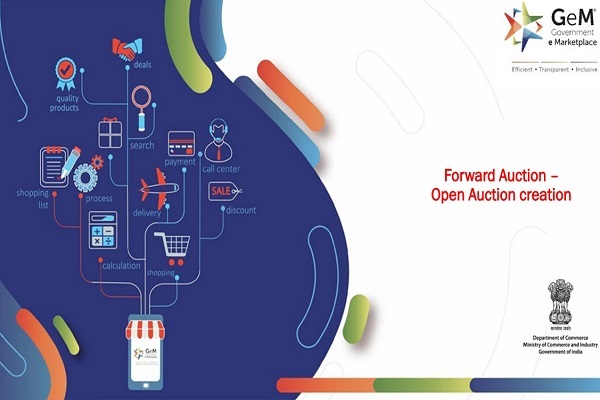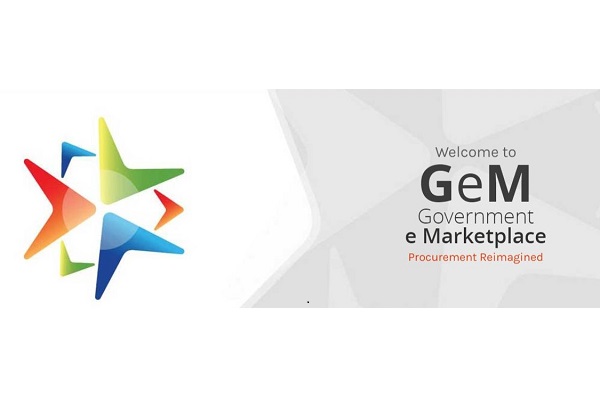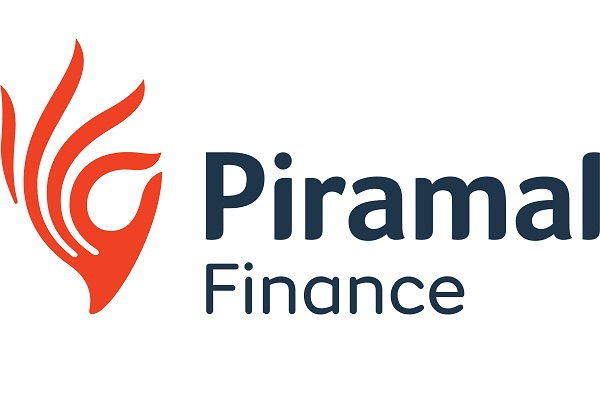Financial Literacy: Tools and Resources to Accelerate Wealth Creation

Financial literacy is the foundation of building wealth and achieving financial independence. It equips individuals with the knowledge and skills to make informed financial decisions, manage risks, and take advantage of wealth-building opportunities. In an era of rapid technological advancements and evolving financial products, mastering financial literacy is more critical than ever.
What is Financial Literacy?
Financial literacy involves understanding key concepts such as budgeting, saving, investing, debt management, and retirement planning. It empowers individuals to:
* Manage Finances Effectively: Track income and expenses to ensure healthy cash flow.
* Plan for the Future: Set realistic financial goals and work toward achieving them.
* Avoid Financial Pitfalls: Minimize debt and make sound investment choices.
Key Tools and Resources for Financial Literacy
In 2025, numerous tools and resources are available to enhance financial literacy and accelerate wealth creation. Here’s a breakdown:
1. Personal Finance Management Apps
Modern apps make budgeting and financial tracking simple and accessible.
* Mint: Offers budgeting tools, spending insights, and bill reminders.
* PocketGuard: Helps users stay within budget by showing available funds after expenses.
* YNAB (You Need A Budget): Focuses on goal-based budgeting to allocate every dollar effectively.
2. Investment Platforms
Investment platforms democratize access to financial markets, making it easier to build wealth.
* Zerodha: Provides direct access to Indian stock markets with advanced analytics.
* ET Money: Simplifies investments in mutual funds, stocks, and tax-saving instruments.
* Wealthfront: An automated investing service that helps optimize portfolios for long-term growth.
3. Educational Websites and Blogs
Financial literacy websites offer comprehensive guides and resources.
* Investopedia: Known for its financial glossary and educational articles.
* Moneycontrol: A trusted source for market news, investment tips, and financial tools.
* NerdWallet: Focuses on credit cards, mortgages, and financial planning
4. Online Courses and Webinars
Learning platforms have revolutionized access to financial education.
* Coursera: Offers courses on financial planning, investment strategies, and wealth management.
* Udemy: Features practical classes on personal finance and financial independence.
* Khan Academy: Provides free, beginner-friendly financial literacy content.
5. Financial Literacy Books
Books remain an invaluable resource for building financial knowledge.
* "Rich Dad Poor Dad" by Robert Kiyosaki: Explains the principles of financial independence.
* "The Intelligent Investor" by Benjamin Graham: A must-read for understanding value investing.
* "The Millionaire Next Door" by Thomas J. Stanley and William D. Danko: Highlights wealth-building habits.
6. Podcasts and YouTube Channels
Audio and video platforms make financial learning engaging and accessible.
* The Dave Ramsey Show: Covers debt reduction and wealth-building strategies.
* The Financial Independence Podcast: Focuses on achieving financial freedom.
* YouTube Channels: Creators like "CA Rachana Ranade" and "Graham Stephan" simplify complex financial concepts.
Strategies for Accelerating Wealth Creation
To convert financial knowledge into actionable wealth-building strategies, consider the following:
- Start Early: Invest as early as possible to take full advantage of compounding.
- Diversify Investments: Spread risk by investing in various asset classes, such as equities, bonds, and real estate.
- Leverage Tax-Saving Instruments: Use ELSS, NPS, and other tax-efficient options to maximize returns.
- Automate Savings and Investments: Automating contributions ensures consistency and discipline.
- Stay Informed: Regularly update your knowledge on market trends and financial innovations.
Empowering Financial Literacy Through Education and Collaboration
- Schools and Universities: Introducing financial literacy courses at an early age can create a strong foundation for lifelong wealth management.
- Workplace Initiatives: Employers can provide financial wellness programs to help employees plan for their financial futures.
- Community Efforts: Financial literacy workshops and peer learning groups foster collective growth.























